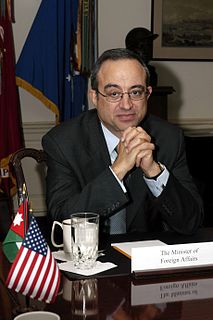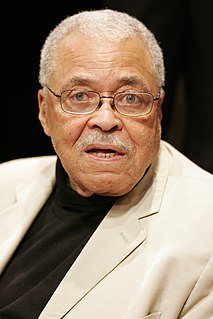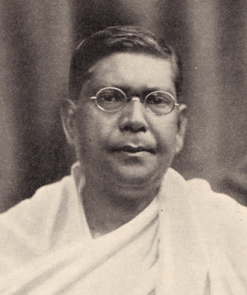A Quote by Rainer Maria Rilke
And yet, for some time now I have believed that it is our own force, all our own force that is still too great for us. It is true we do not know it; but is it not just that which is most our own of which we know the least?
Related Quotes
If love could force my own thoughts over the edge of the world and out of time, then could I not see how even divine omnipotence might by the force of its own love be swayed down to the world? ...how it might, because it could know its own creatures only by compassion, put on mortal flesh, become a man, and walk among us, assume our nature and our fate, suffer our faults and our death?
As with any other great force of nature, there is both glory and danger in the stories we tell ourselves. Some are toxic and keep our problems festering. Others are tonic and bring us beyond the limitations of our previous history. To be in a life of our own definition, we must be able to discover which stories we are following and determine which ones help us grow the most interesting possibilities.
Perhaps that is our doom, our human curse, to never really know one another. We erect edifices in our minds about the flimsy framework of word and deed, mere totems of the true person, who, like the gods to whom the temples were built, remains hidden. We understand our own construct; we know our own theory; we love our own fabrication. Still . . . does the artifice of our affection make our love any less real?
Through our own creative experience we came to know that the real tradition in art is not housed only in museums and art galleries and in great works of art; it is innate in us and can be galvanized into activity by the power of creative endeavour in our own day, and in our own country, by our own creative individuals in the arts.
She [my mother] was the force around which our world turned. My mother was propelled through the universe by the brute force of reason. She was the judge in all our arguments. One disapproving word from her was enough to send us off to hide in a corner, where we would cry and fantasize our own martyrdom. And yet. One kiss could restore us to princedom. Without her, our lives would dissolve into chaos.
When we cultivate mystical awareness or transcendent identity--which is a natural outgrowth of meditation and other practices--what happens is that we begin to take a witness position on our own lives, and that includes our minds. We break the illusion that we think our own thoughts, which is not always the case. Some ideas just arrive in our heads.
I am for relying for internal defense on our militia solely till actual invasion, and for such a naval force only as may protect our coasts and harbors from such depredations as we have experienced; and not for a standing army in time of peace which may overawe the public sentiment; nor for a navy which, by its own expenses and the eternal wars in which it will implicate us, will grind us with public burthens and sink us under them.
We were wise indeed, could we discern truly the signs of our own time; and by knowledge of its wants and advantages, wisely adjust our own position in it. Let us, instead of gazing idly into the obscure distance, look calmly around us, for a little, on the perplexed scene where we stand. Perhaps, on a more serious inspection, something of its perplexity will disappear, some of its distinctive characters and deeper tendencies more clearly reveal themselves; whereby our own relations to it, our own true aims and endeavors in it, may also become clearer.






































